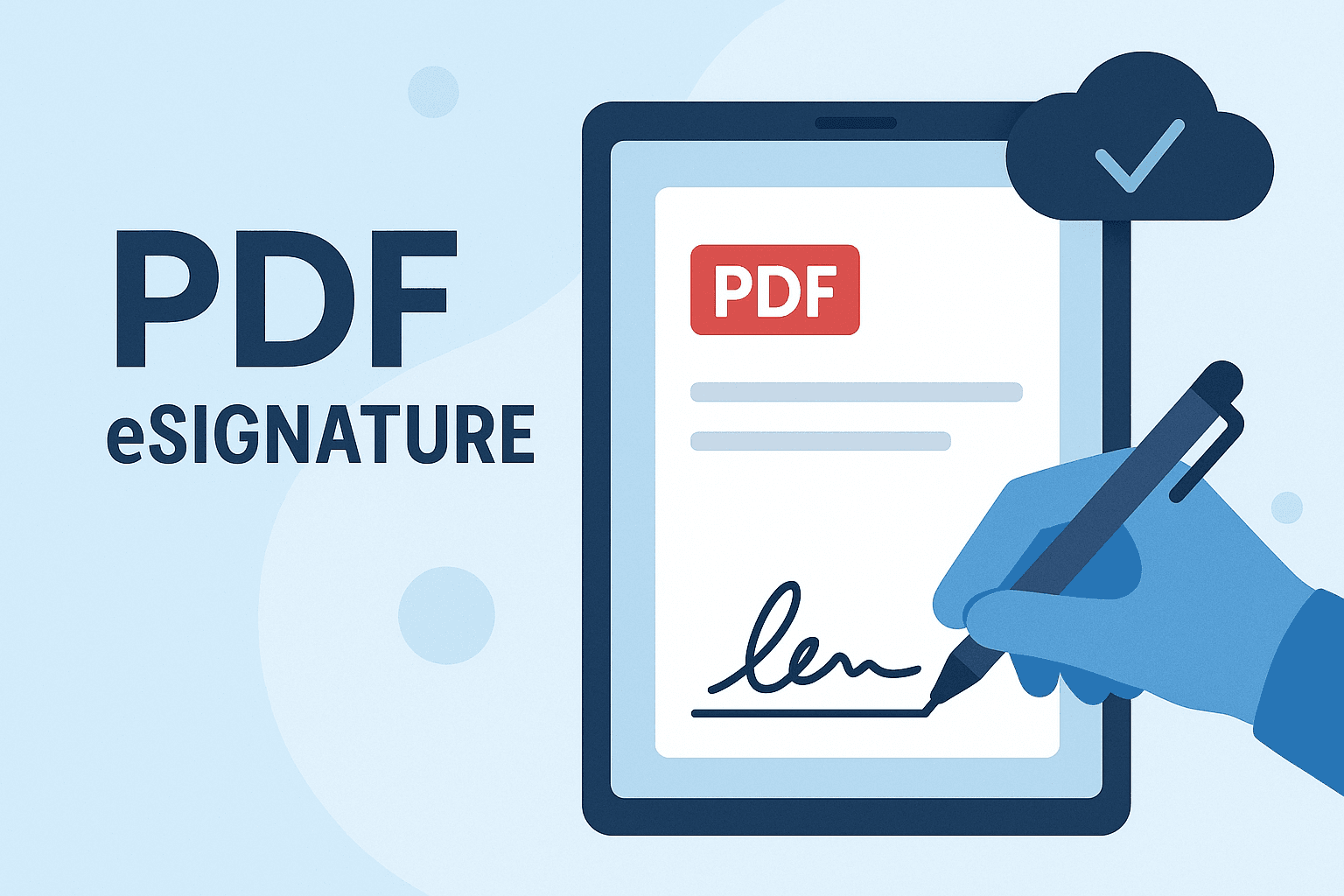can digital signature be notarized





Can Digital Signature Be Notarized? A Legal Perspective with Regional Insights
In today’s fast-paced digital age, the need for secure and efficient document signing methods has never been more essential. With the continued adoption of electronic solutions, one question continues to capture the attention of legal professionals, business owners, and tech users worldwide: Can digital signatures be notarized?
The simple answer is yes — digital signatures can be notarized. However, the process and legality depend significantly on the jurisdiction, the type of document, and whether the signature complies with local electronic transaction laws. This article will explore the legal frameworks that support notarized digital signatures, particularly in Hong Kong, Southeast Asia, and other common law regions, while highlighting key compliance guidelines.
Understanding Digital Signature vs. Electronic Signature
Before delving into notarization, it is important to distinguish between a digital signature and a broader electronic signature. These two terms are often used interchangeably, but they hold distinct meanings legally and technically.
- Electronic Signature: Any symbol or process (like a typed name or scanned signature) executed electronically as a sign of agreement.
- Digital Signature: A specific type of electronic signature that uses cryptographic algorithms to ensure the document’s integrity and signer authenticity.
Digital signatures offer an enhanced layer of security, making them the preferred choice for high-value contracts, legal documents, and financial matters.

Can a Digital Signature Be Notarized?
The concept of notarizing a digital signature may seem contradictory to the traditional image of a public notary witnessing a handwritten signature. However, with the evolution of remote online notarization (RON) and electronic notarization (eNotary) services, having a digital signature notarized is increasingly feasible and — in many jurisdictions — legally valid.
How It Works
Digital notarization generally involves the following process:
- The signer applies a digital signature to a document using compliant software.
- Through a secure platform, a commissioned notary verifies the signer’s identity, often via live video.
- The notary then applies a digital notarial seal and time-stamps the notarized document.
- The result is a tamper-evident PDF or electronic file that includes both the digital signature and the notary’s official credentials.
Legal Recognition Worldwide
In the United States, the ESIGN Act and UETA regulations provide legal recognition to electronic and digital notarizations. These frameworks have catalyzed widespread adoption of e-signature platforms with built-in notarization tools.
In the European Union, the eIDAS regulation governs the use of electronic signatures, including qualified electronic signatures (equivalent to notarized signatures in legal weight).
In Southeast Asia and Hong Kong, the situation is more nuanced.
Notarization Laws in Hong Kong & Southeast Asia
Legal recognition of digital signature notarization varies regionally. Let’s focus on two key regions:
Hong Kong
Hong Kong recognizes digital signatures under the Electronic Transactions Ordinance (ETO). According to the ETO, digital signatures backed by a recognized digital certificate can carry legal weight, and certain electronic documents are permitted to be used in commercial and legal settings.
However, not all notarial duties can be performed electronically. While law firms and e-signature solutions exist to facilitate electronic transactions, wet-ink signatures and in-person notarization are typically still required for certain government and legal proceedings.
That said, the use of RON services has seen accelerated approval in business transactions and internal corporate documents. Enterprises adopting platforms that ensure compliance with the ETO are better positioned to streamline operations without legal compromise.

Southeast Asia
Southeast Asian countries such as Singapore, Malaysia, and the Philippines have introduced varying degrees of legal support for electronic and digital signatures.
- Singapore’s Electronic Transactions Act (ETA) recognizes digital signatures that utilize secure cryptographic techniques.
- Malaysia’s Digital Signature Act 1997 supports digital notarization through licensed certification authorities.
- The Philippines employs the Electronic Commerce Act of 2000, which supports eNotary transactions in specific applications.
However, regional enforcement and cultural acceptance vary. It’s crucial to consult local laws or work with e-signature providers well-versed in Southeast Asian legislation to ensure compliance.
Secure Your Signatures with Fully Compliant Tools
With the increasing acceptance of notarized digital signatures, businesses and individuals must carefully choose the right platform to ensure legal standing. A reliable digital signature solution should offer:
- Certificate-based signatures (PKI encrypted)
- Compliance with regional laws (such as eIDAS, ESIGN, or the ETO)
- Seamless notary integration or support for remote notarization
- Audit trails and time-stamp capabilities
- User identity verification features

Do All Documents Qualify for Notarized Digital Signatures?
Not all documents are eligible for remote or digital notarization. Jurisdictions place restrictions based on the document type. Commonly eligible documents include:
- Corporate resolutions
- Loan agreements
- Property lease contracts
- Power of attorney documents (varies by region)
- Employment agreements
Documents typically excluded from digital notarization in many regions:
- Wills
- Court orders or decrees
- Certain immigration or citizenship papers
Local laws should always be referenced for confirmation.
Regional Recommendation: Try eSignGlobal — A Docusign Alternative Optimized for APAC Compliance
If you’re based in Hong Kong or Southeast Asia, and looking for a secure, legally compliant alternative to Docusign — consider eSignGlobal.
Unlike global platforms that mostly follow U.S./EU norms, eSignGlobal is tailored to meet localized e-signature regulations, particularly those governing Hong Kong, Singapore, and ASEAN-compliant markets. Its platform:
- Supports bilingual document flows
- Embeds digital certificates that comply with regional requirements
- Offers guided workflows with cross-border compliance
- Provides secure remote identity verification for notarized digital transactions
For businesses operating within Hong Kong or across Southeast Asia, eSignGlobal is a highly reliable option.

Final Thoughts
In summary, digital signatures can indeed be notarized — but with caveats. The legality and process vary depending on local legal frameworks and the specific use case. As jurisdictions across Asia begin to embrace digital transformation, tools like eSignGlobal are leading the way for secure and compliant notarized transactions.
Whether you’re signing a vital legal document or handling day-to-day business agreements, understanding the intersection between technology and legal standards is essential for risk avoidance and operational efficiency.
Always consult with a legal advisor and choose a digital signature solution with a proven compliance track record in your region. The future of notarization is undoubtedly digital — and it’s already here.

 Only business email allowed
Only business email allowed


